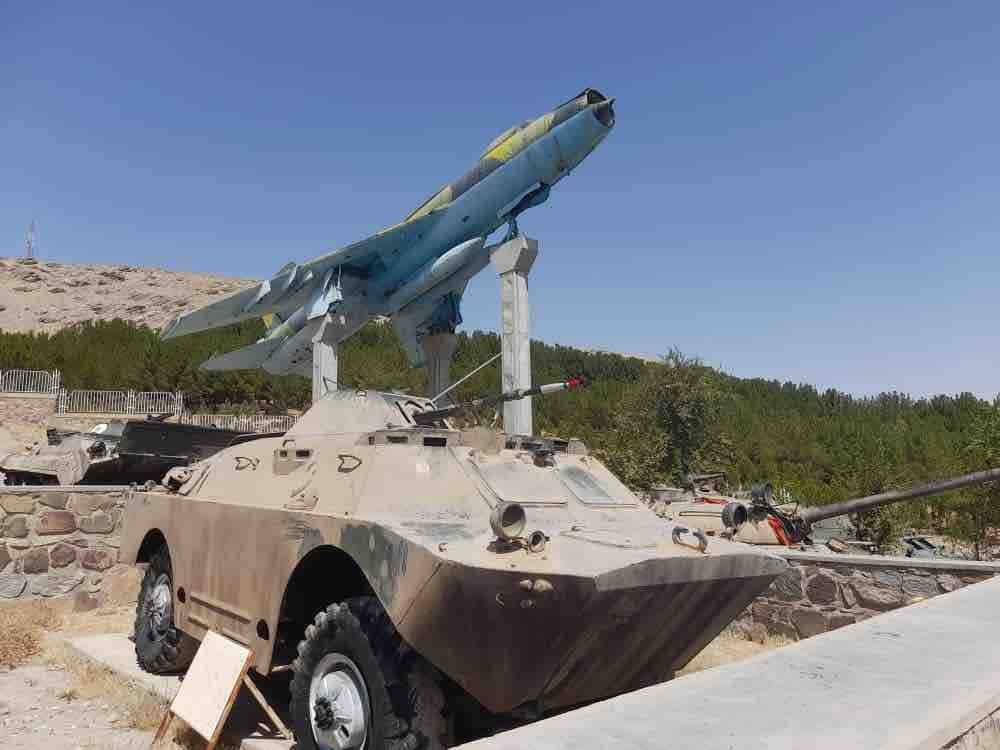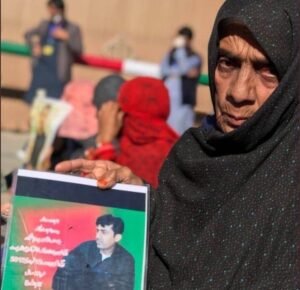Worsening Security Scenario Threatens Chinese Investments in Pakistan

Photo by @Paikan for ADN
By A. Shafaq
The security situation in Pakistan is steadily deteriorating, raising significant concerns among international stakeholders, especially China, which has invested heavily in the China-Pakistan Economic Corridor (CPEC). China has intensified pressure on Pakistan to address the escalating threat of militancy targeting Chinese personnel, investments, and assets. The rising violence is not only straining the diplomatic ties between the two countries but is also casting shadows over future collaboration under the Belt and Road Initiative (BRI).
China’s frustration became evident recently when Ambassador Jiang Zaidong publicly admonished Pakistan for failing to provide adequate security to Chinese nationals. The ambassador, while addressing a seminar in Islamabad, described the security lapses as “unacceptable” and reiterated the need for “effective remedial measures” by Pakistani authorities to prevent further attacks. Since the inception of CPEC a decade ago, 21 Chinese workers have lost their lives in terror attacks within Pakistan, and 2024 has witnessed an unprecedented escalation of such incidents, with two significant suicide bombings in just six months. These attacks, including the October suicide blast in Karachi that killed two Chinese citizens, underscore the growing dangers faced by Chinese nationals involved in CPEC projects.
China has invested more than $25 billion under CPEC, building critical infrastructure, highways, and the strategic Gwadar Port on Pakistan’s Arabian Sea coastline. However, as terrorism continues to surge, China’s commitment to ongoing projects is being tested. Ambassador Jiang’s remarks signal that Beijing is running out of patience, warning that security concerns are now “a constraint” on future progress.
CPEC was initially projected as a lifeline that could address Pakistan’s long-standing economic struggles by generating jobs, enhancing infrastructure, and reducing the energy deficit. However, on ground, the Pakistani citizens didn’t gain much from these projects in terms of employment generation or economic growth. Further with continued security threats, it is becoming increasingly difficult to sustain these projects. In response to China’s concerns, Pakistan’s Deputy Prime Minister and Foreign Minister, Ishaq Dar, assured the Chinese ambassador that Pakistan remains committed to securing Chinese investments and personnel. Dar emphasized the deployment of additional security measures and pointed to the recent approval of $162 million for military support, primarily for safeguarding Chinese assets.
The Pakistani government has also created a special security unit of 13,000 troops tasked with protecting CPEC projects, yet attacks continue. Critics argue that, despite these efforts, Pakistani security forces have struggled to contain the threats, particularly from insurgent groups like the Baloch Liberation Army (BLA), which has become one of the most active militant groups in the Balochistan province. BLA attacks, which have targeted Chinese personnel, are rooted in accusations that Pakistan and China are exploiting Balochistan’s natural resources. The group has escalated its insurgency in recent months, attacking police stations, railway lines, and highways, with at least 74 people killed in Balochistan alone in September.
According to the Pakistan Institute for Conflict and Security Studies (PICSS), Pakistan recorded 757 fatalities related to militant attacks in the first eight months of 2024, including 254 deaths in August alone. This spike in violence indicates a shift in security dynamics, with militants adopting advanced weapons and tactics. Experts suggest that without a comprehensive counterterrorism strategy incorporating advanced technologies like drones and improved local intelligence, Pakistan may struggle to stem the insurgency.
The escalating threats are now straining the traditionally strong relationship between China and Pakistan. Beijing’s decision to publicly criticize Islamabad is unprecedented and indicates a shift in its tolerance for security risks. Chinese Premier Li Qiang, during a visit to Pakistan in October, emphasized the importance of a secure environment for economic cooperation, a point he reiterated in a joint statement with Pakistani officials. China has also proposed a bilateral agreement focusing on anti-terrorism cooperation, urging Islamabad to adopt stricter security protocols.
Despite the diplomatic pressures, the continued violence against Chinese nationals and investments has spurred China to reconsider its stance on future CPEC projects. While China may continue existing projects, it could limit or delay new investments unless Pakistan can offer stronger security assurances. The second phase of CPEC, which involves an estimated $26.8 billion worth of infrastructure and energy projects, may be suspended or scaled back in the absence of substantial security improvements.
Experts emphasize that Pakistan must address the root causes of insurgency to curb the militancy effectively. Many in Balochistan feel marginalized, with local communities expressing grievances over a perceived exploitation of their region’s resources without meaningful economic returns. This distrust has fueled local support for separatist militias, further complicating counterterrorism operations. Analysts argue that improving the socio-economic conditions in Balochistan and fostering a sense of inclusion are essential for reducing support for militant groups.
There is a consensus among experts that Pakistan must recalibrate its approach to insurgency, shifting towards a more holistic strategy that integrates military action with developmental initiatives and local support. Without addressing local grievances, Pakistan’s security forces may find it challenging to consolidate their gains, even as they continue counter-terrorism operations.
The escalating violence and worsening security dynamics in Pakistan are testing China’s commitment to its close ally. The future of CPEC may hinge on Islamabad’s ability to effectively address the security threats and assure China that its personnel and investments are safe. However, with Pakistan already plagued with political and economic uncertainties, the road ahead remains uncertain.
A. Shafaq (pseudonym) is a researcher and lecturer at one of the private universities in Kabul.
Note: The contents of the article are of sole responsibility of the author. Afghan Diaspora Network will not be responsible for any inaccurate or incorrect statement in the articles.










